It is a Lithium Iron Phosphate (LiFePO4), which is currently among the most popular chemical storage routes as it combines great safety, long life, and stability properties. Still, there are often questions arise about whether these types of batteries can be used to charge Lithium-Ion chargers. This article will address one question in particular that is fairly common: Can you use a lithium-ion charger for your LiFePO4 battery, and what are its limitations when used in such an application while presenting some best practices on how to charge it most effectively?
What are LiFePO4 and Lithium-Ion Batteries?
LiFePO4 Batteries
Chemistry helps lithium iron phosphate as cathode chemistry
Voltage: 3.2V nominal per cell
Safety: Recognized to have high thermal and chemical stability which reduces risks of fire hazard due to overheating.
Lithium-Ion Batteries
Chemistry: Typically a lithium cobalt oxide (LiCoO2) cathode and other materials.
Voltage: Rated at ~3.7V/cell
Energy Density: Very high energy density, although this makes them generally more volatile than LiFePO4.
Key Differences in Charging
Voltage Differences
Charging Voltage
Key Point: LiFePO4 Batteries are generally charged to 3.6V-3.65V per Cell
Lithium-Ion Batteries: Charged at 4.2V per cell normally.
If you try to charge a LiFePO4 battery using a lithium-ion charger for 4.2V cells, the result will be an overcharging of your LiFePO4 batteries which can cause safety issues and decrease their lifecycle.
Charging Algorithm
Charging Stages
This is done in a Constant Current (CC) phase that brings the battery to some voltage, with a duration accomplished using both batteries.
Constant Voltage (CV): The charger transitions to a constant voltage phase and adjusts the charge.
LiFePO4 is not only a completely different chemistry in and of itself, but the voltage thresholds and current settings are also markedly different from lithium-ion batteries necessitating accurate use of charger settings.
Lithium-Ion Charger for LiFePO4
Answer: No, it is not advisable to use a regular lithium-ion charger for LiFePO4 batteries as the charging voltages and algorithms are different.
Potential Risks
Overcharging: If a LiFePO4 battery is charged to the voltage levels of a lithium-ion battery, overcharging will occur resulting in safety risks.
Damaged Life: Incorrect charging will affect the life of LiFePO4 cells and shorten their lifespan.
Another problem with overcharging is the higher heat levels that come into place which can lead to thermal runaway, a fire hazard.
LiFePO4 Battery Charging Best Practices
- USe a 12V LiFePO4 Charger
Optimal Charging
Voltage Regulation Voltage regulation keeps your voltage levels within 3.6V to 3.
Current Control: Regulates the current to keep battery cells under strain.
Benefits
Safety: This charger minimizes overcharging and overheating issues.
Lifespan: Help keep the battery healthy and last longer
- Lithium-Ion Charger - If it can return to life then adjust,
If Necessary
Certain lithium-ion chargers can be found with control settings. 4 LiFePO4 Ensure that you can charge the voltage to 3.6V~3.65V per cell.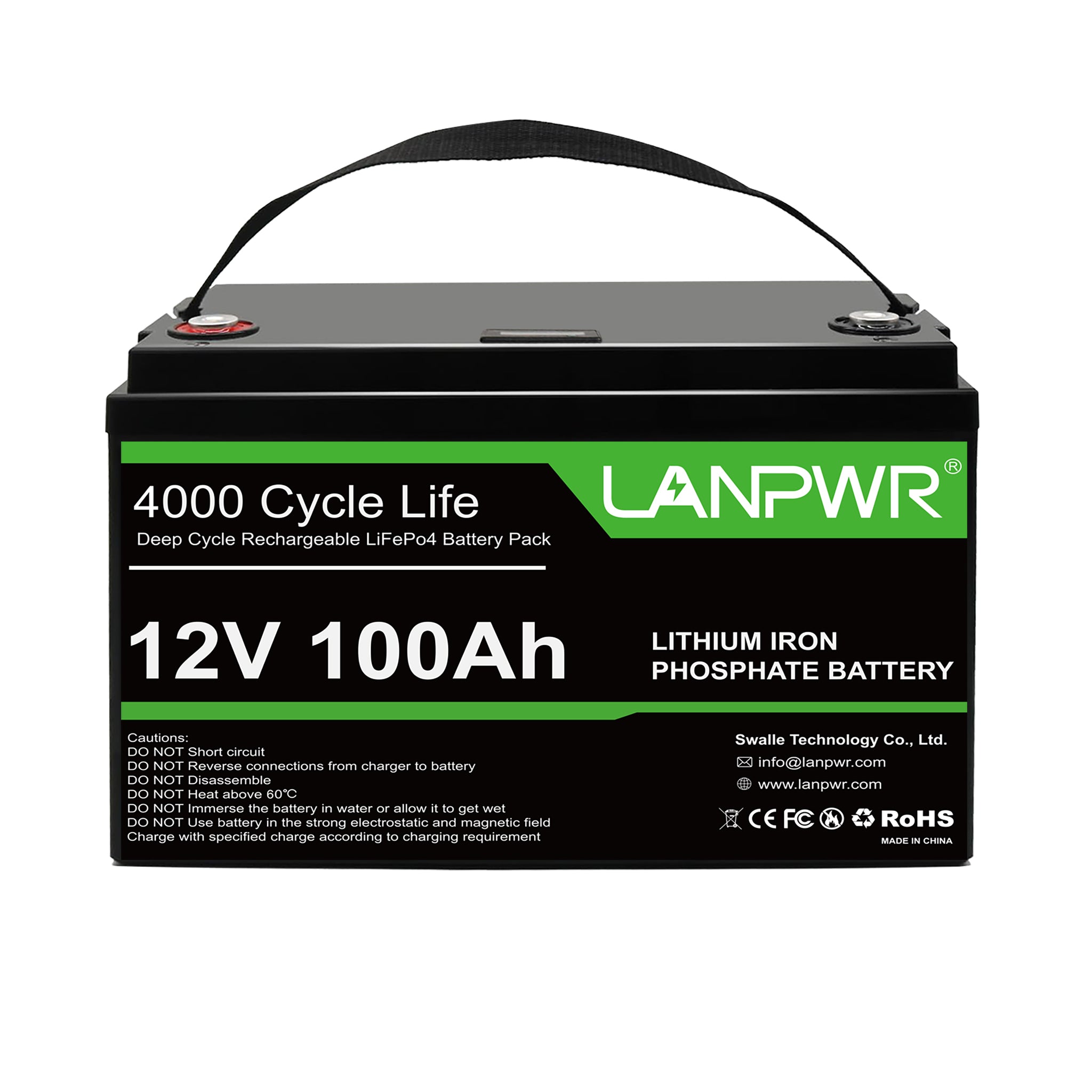
Compatibility Checking: Make sure the charger allows you to change current settings and charging algorithm for LiFePO4 specs.
- Monitoring During Charging
Safety Precautions
During charging, check the battery to make sure it does not heat NSLayoutConstraint* Always monitor your charge trail!
Charge with the charger that comes with it, which usually has overvoltage, overcurrent, and temperature protection.
Safe Charging Habits for any Device
- Regular Inspection
Visual Checks
Check the battery and charger regularly for wear or damage.
Check the Condition of Connectors and Cables - To avoid short circuits do this every 2 weeks.
- Environmental Considerations
Optimal Conditions
It is better to recharge the battery at a place where you can let it release some heat.
If the battery cells are stressed a lot during charging, these lead to the failure of allot of batteries.
- Proper Storage
Maintenance
If you will not be using your LiFePO4 batteries in the long term store them at about 50% of a charge.
To help avoid degradation, store the battery in a cool room and away from moisture.
Summary
It is NOT recommended to use a lithium-ion charger for a LiFePO4 battery as tempting as it might seem due to different charging voltages and algorithms. The safest, healthiest way to do this is by using a proper LiFePO4 charger that also provides better longevity for your battery. Lithium-ion chargers can be used with LiFePO4 Batteries, provided the charger is programmable to meet the requirements of specific battery types. Regular monitoring and adhering to the best charging, and storage practices will translate the battery performance as stable yet safe.

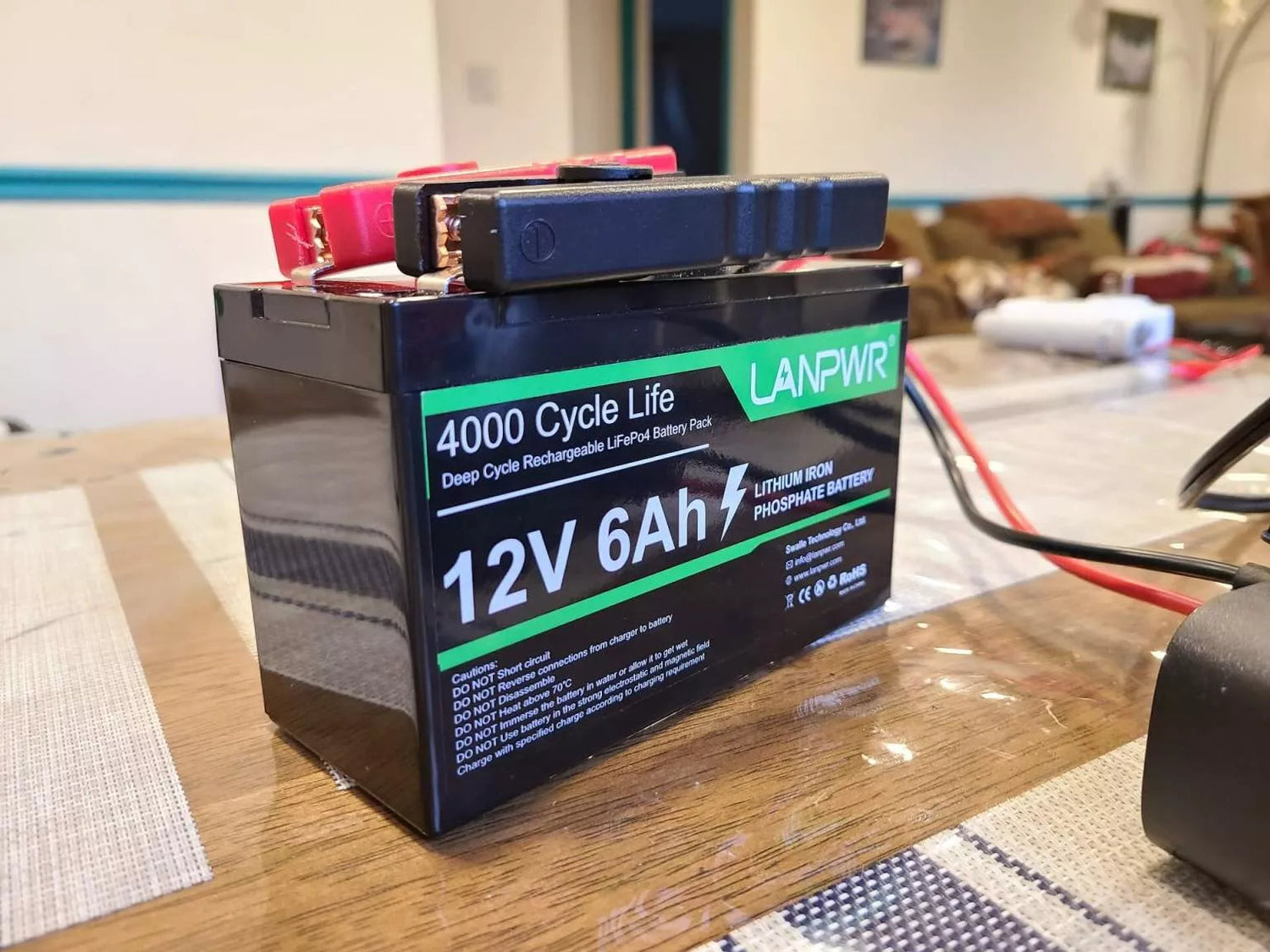
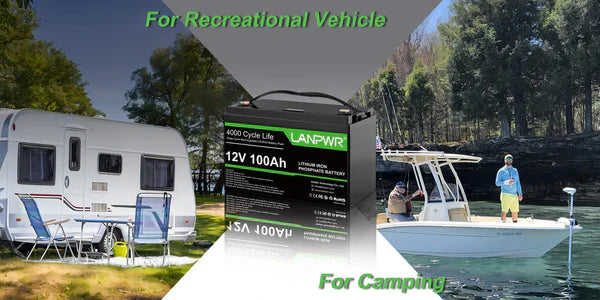
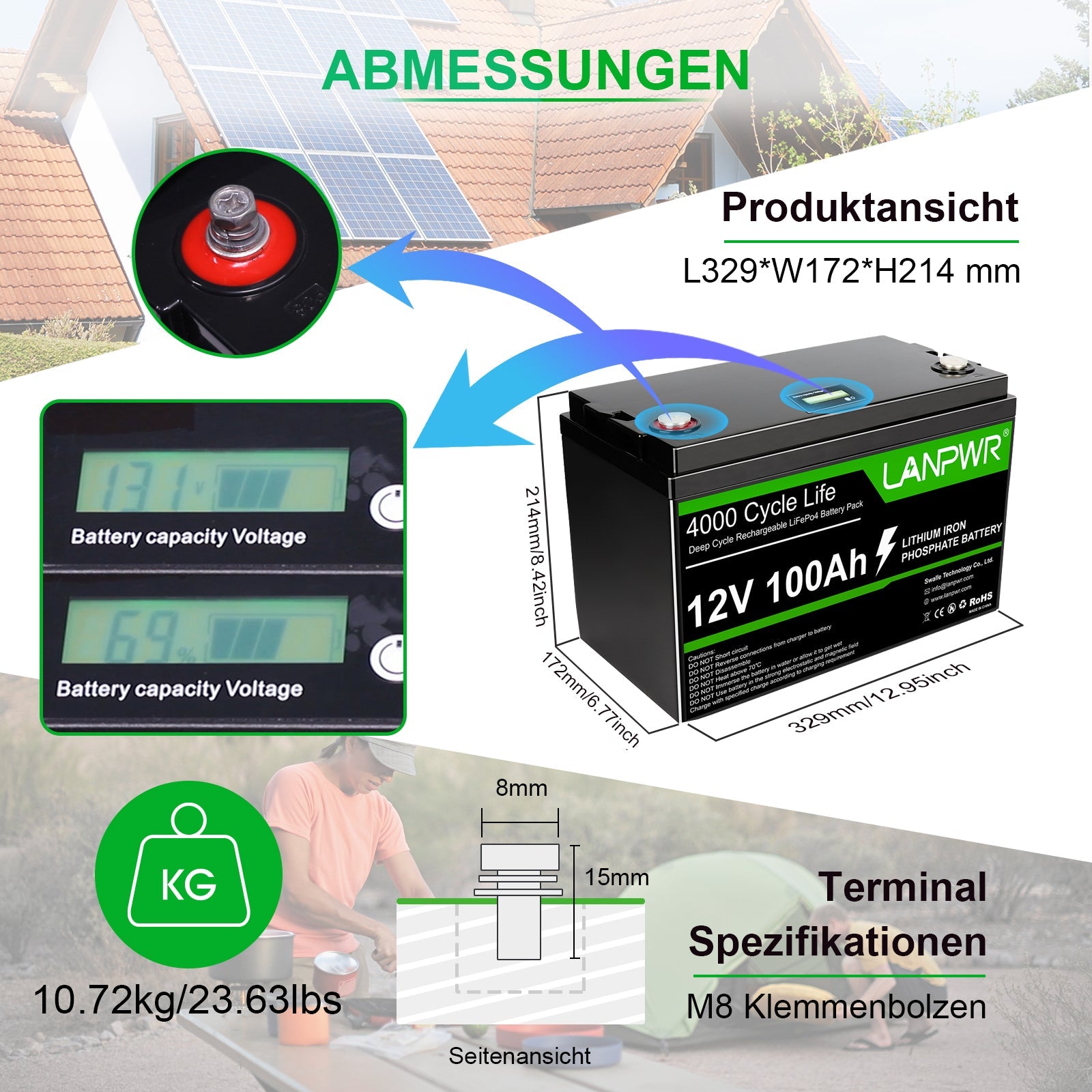

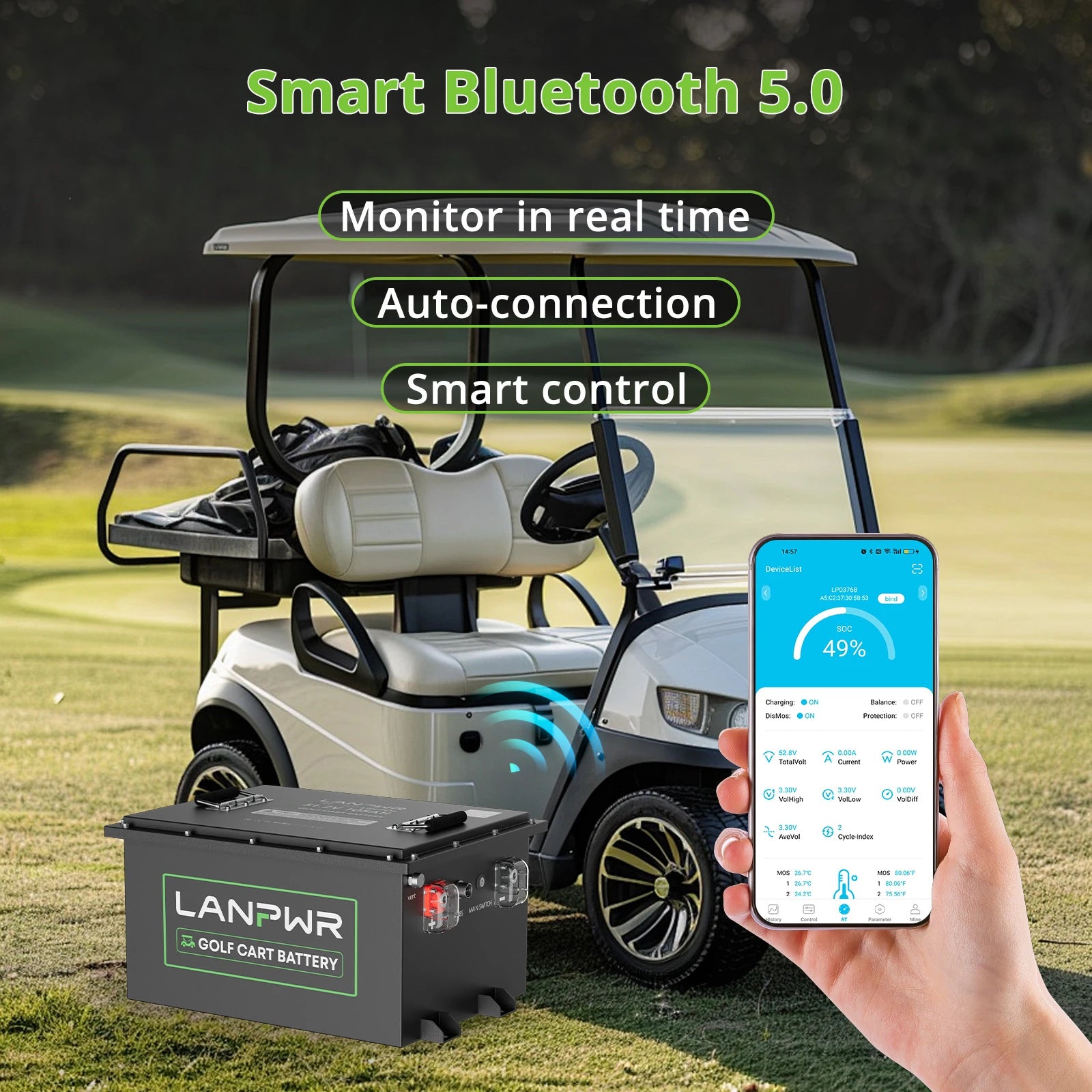
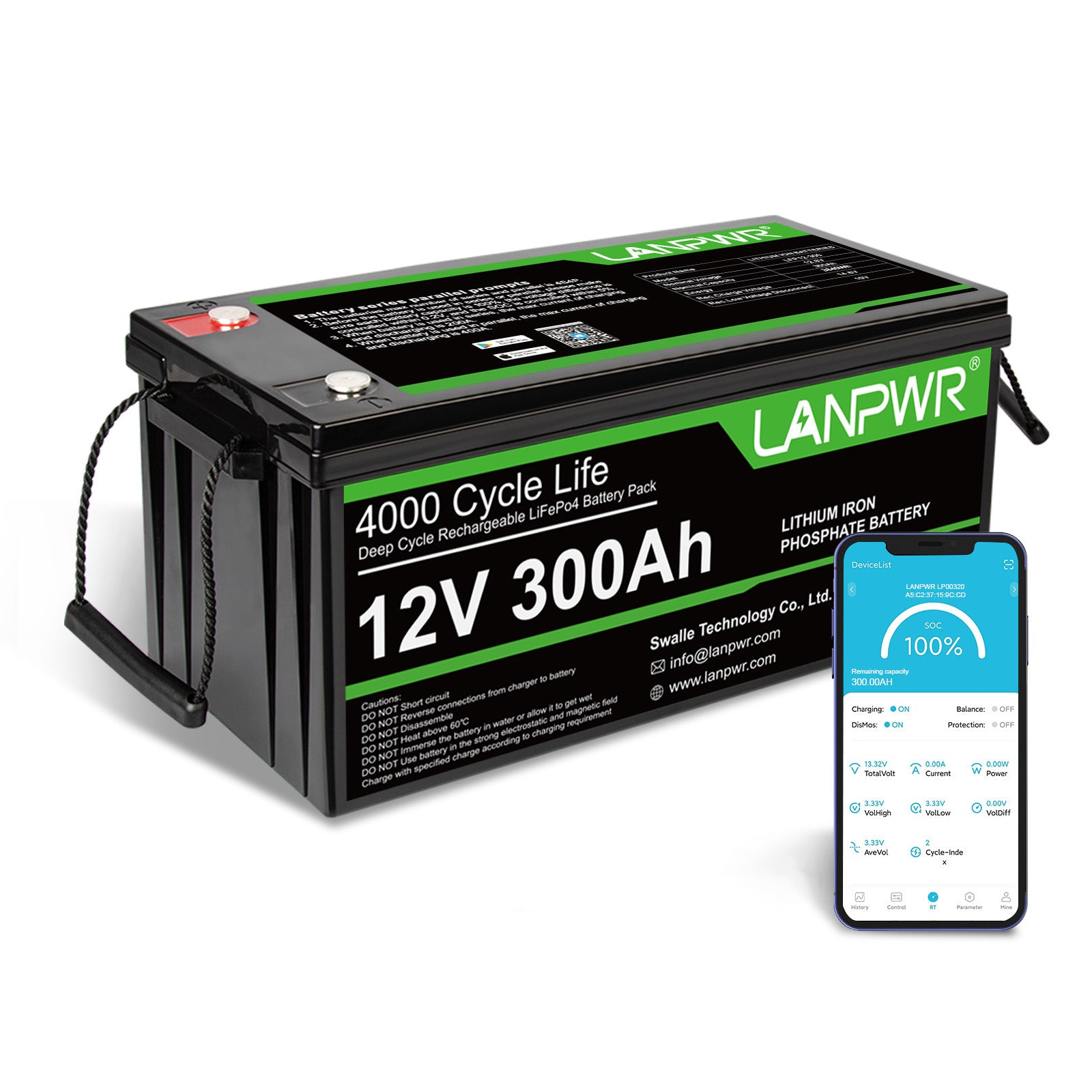
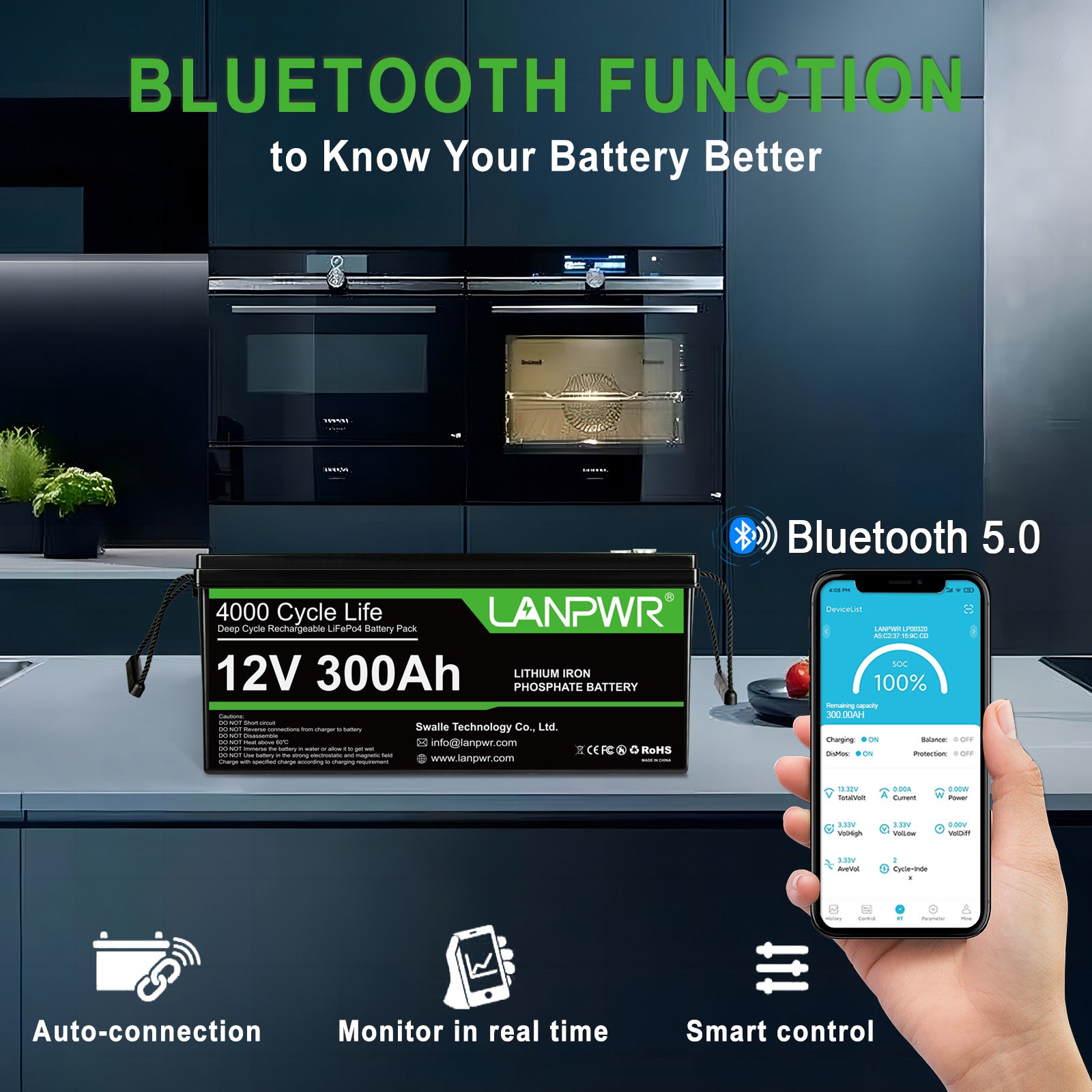
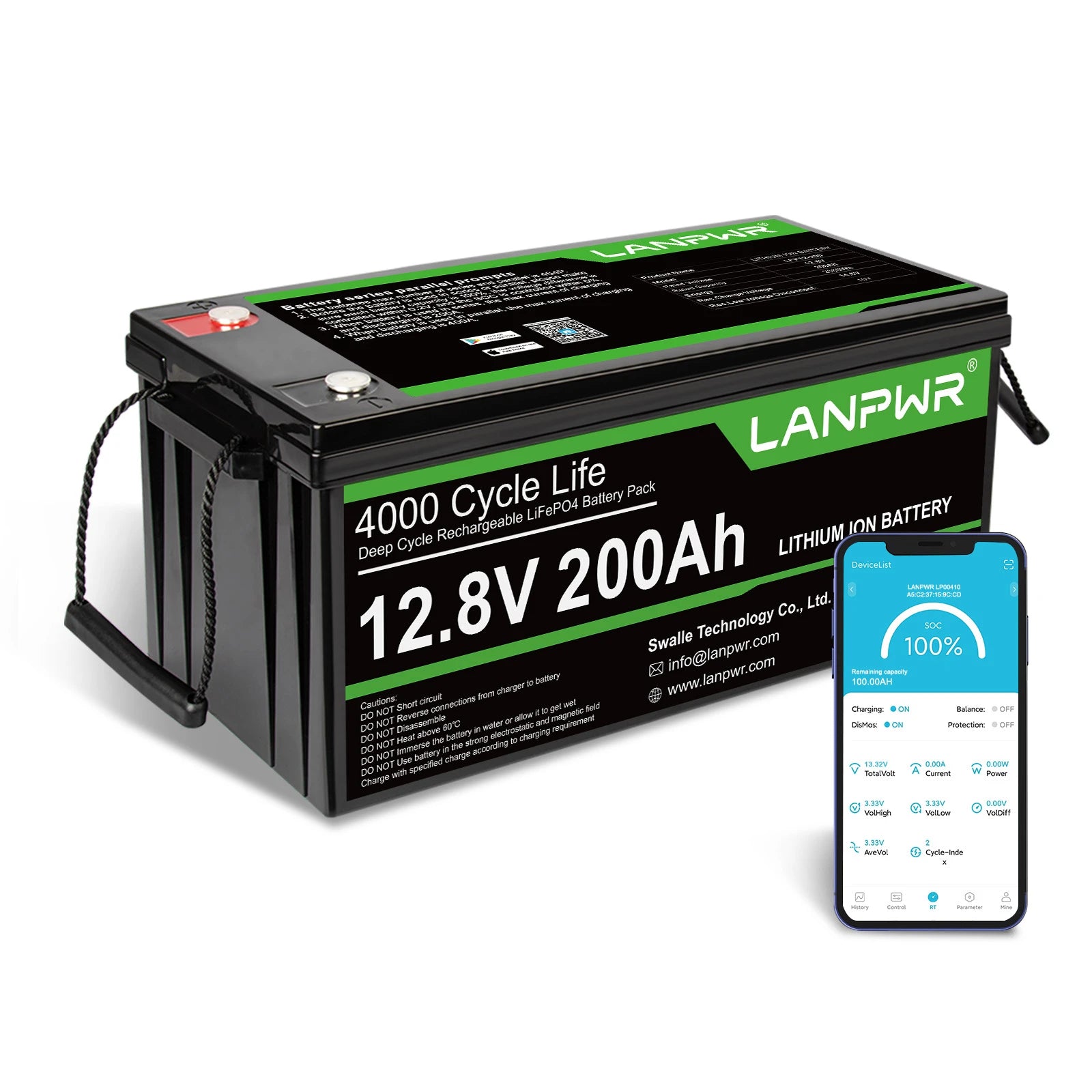
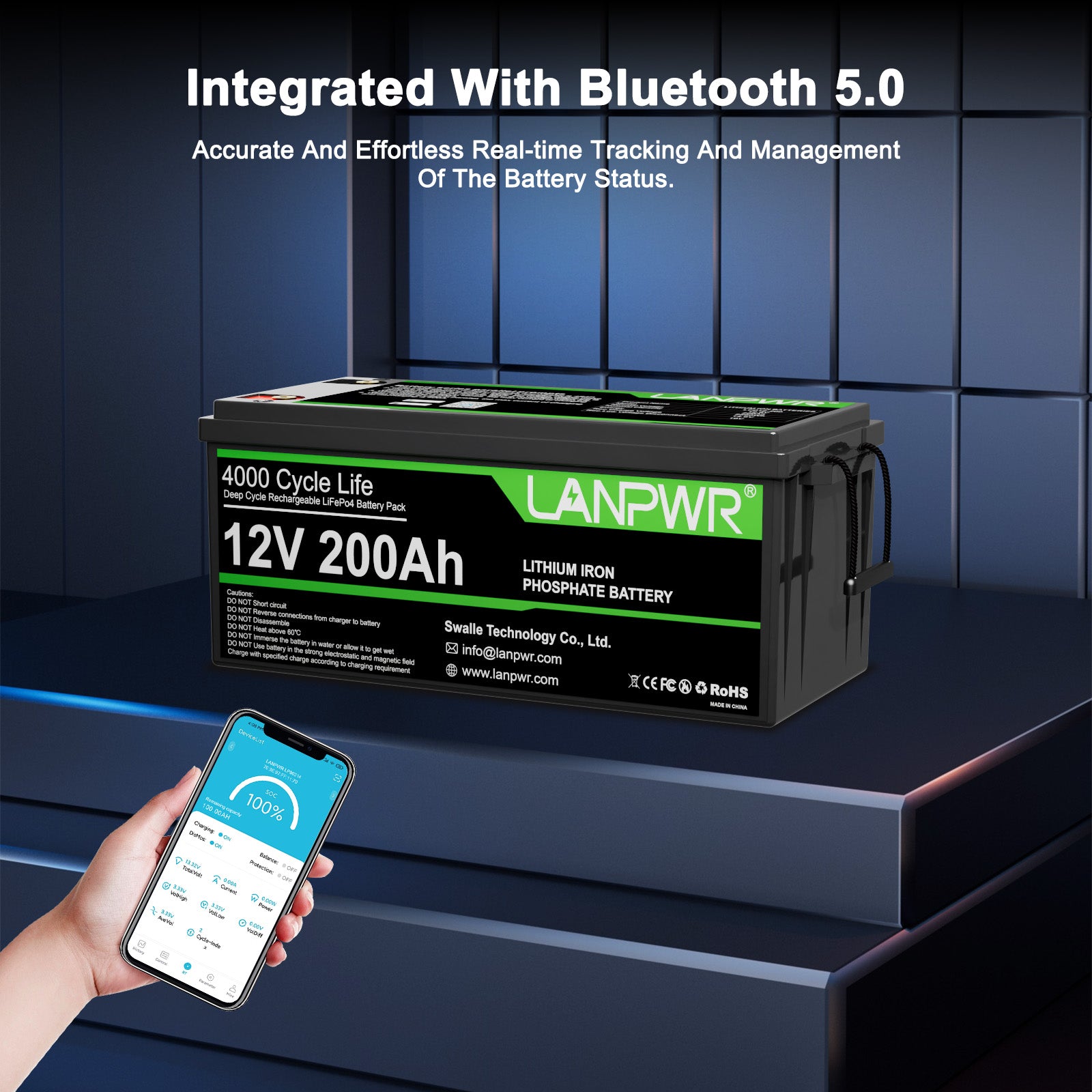
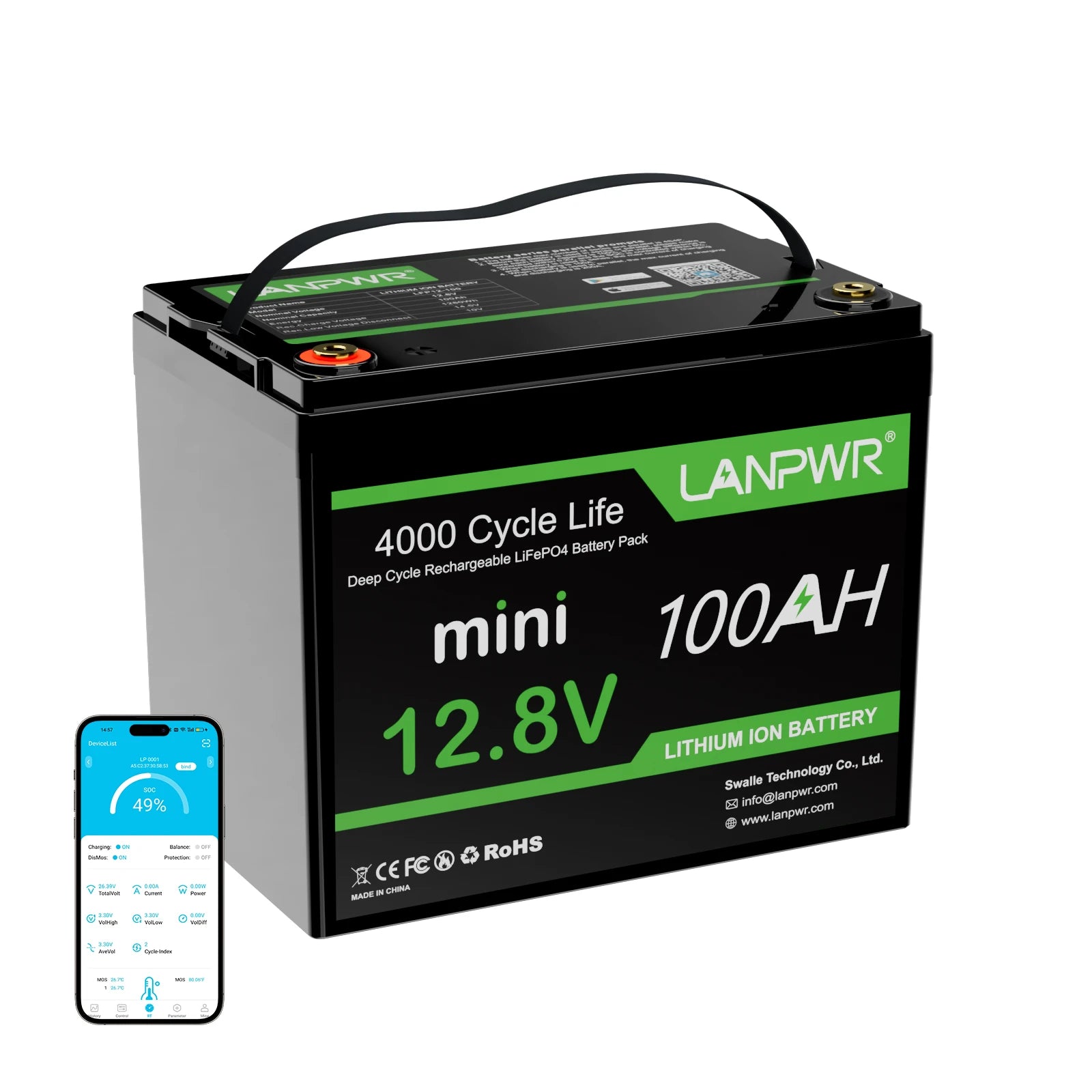

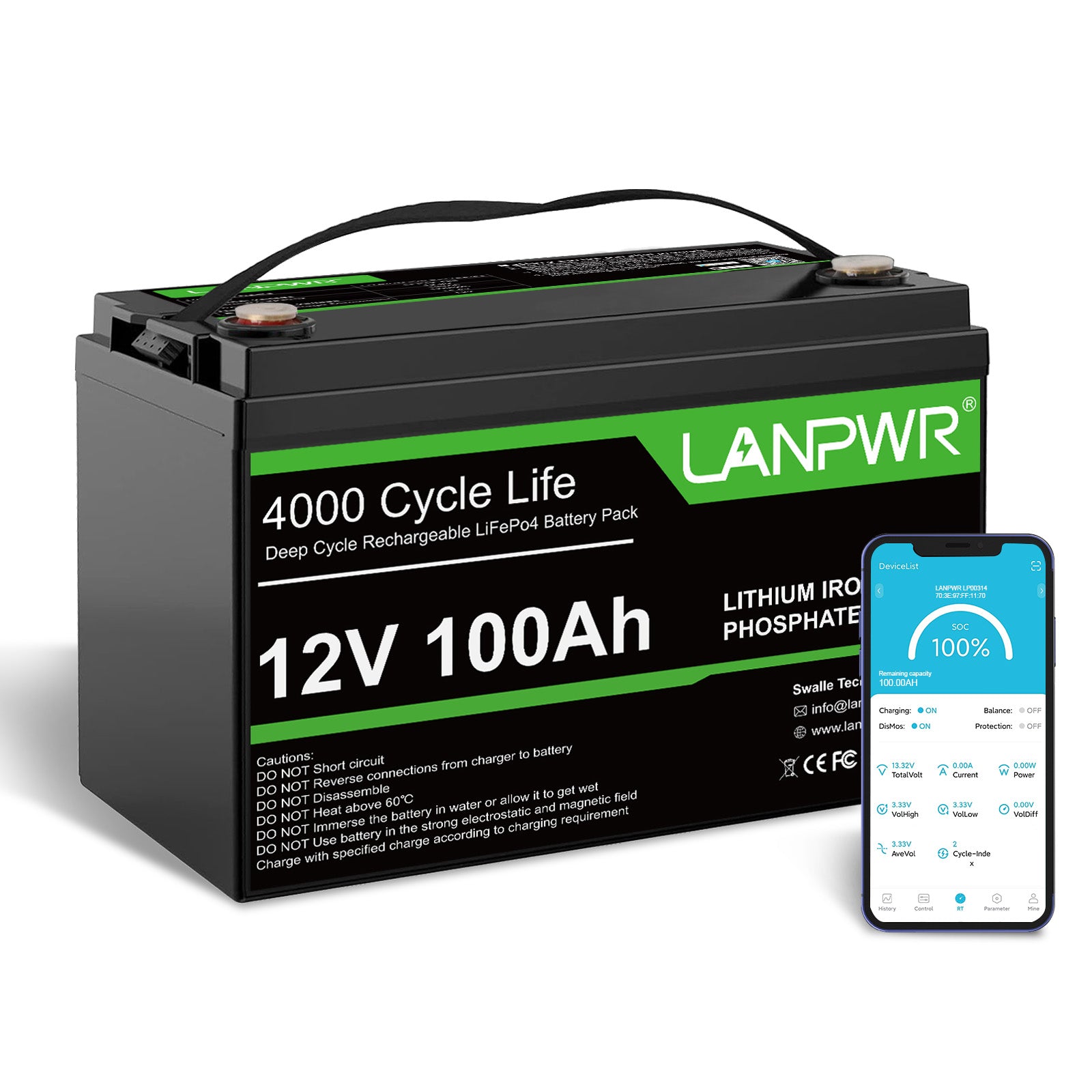

Leave a comment
This site is protected by hCaptcha and the hCaptcha Privacy Policy and Terms of Service apply.